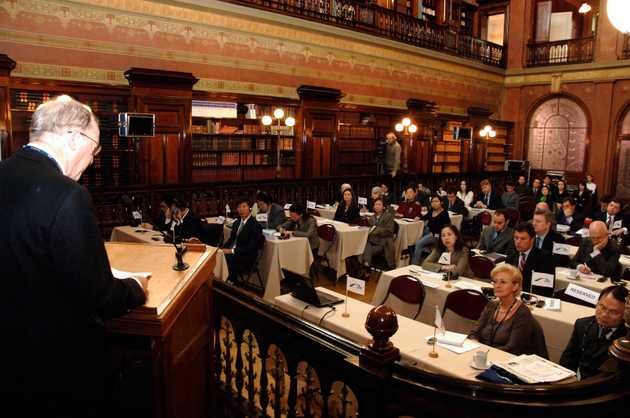PSI-Directive implementation path, what can we expect?
In June 2013, a revision of the Directive has been adopted by the Union legislator. Member States now have 2 years to transpose the provisions of the revised Directive into national law. But what does this mean?
The revised PSI Directive provides a good legal basis to open up more public data.
New elements
- A genuine right to reuse by making all content that can be accessed under national access to documents laws reusable
- Lowers the upper ceiling for charges on reuse applicable in standard cases to marginal costs, i.e. the costs incurred by the individual request for reuse (reproduction, provision and dissemination costs); exceptions are allowed in a limited set of cases
- Expands the scope of application of the Directive under certain conditions to certain cultural institutions such as libraries (including university libraries), museums and archives
- Reinforces the obligation to be transparent on conditions and on charges applied to reuse
- Invites Member State to make more documents available in machine-readable and open formats
These different elements are a good legal basis to move towards Open Data and even Linked Data. The Directive will need to be transposed into national law. As Belgium is a federal state and the PSI Directive covers public data from Federal state, Regions, and even Communities, a consistent transposition across these different levels is deemed appropriate.
During the break-out session on PSI Directives during OpenBelgium, you will see what the administrations have set up in order to transpose this Directive in time. Are you up for it?
Then register and join us at Data Days!
image by European People’s Party CC-BY-2.0, via Wikimedia Commons
